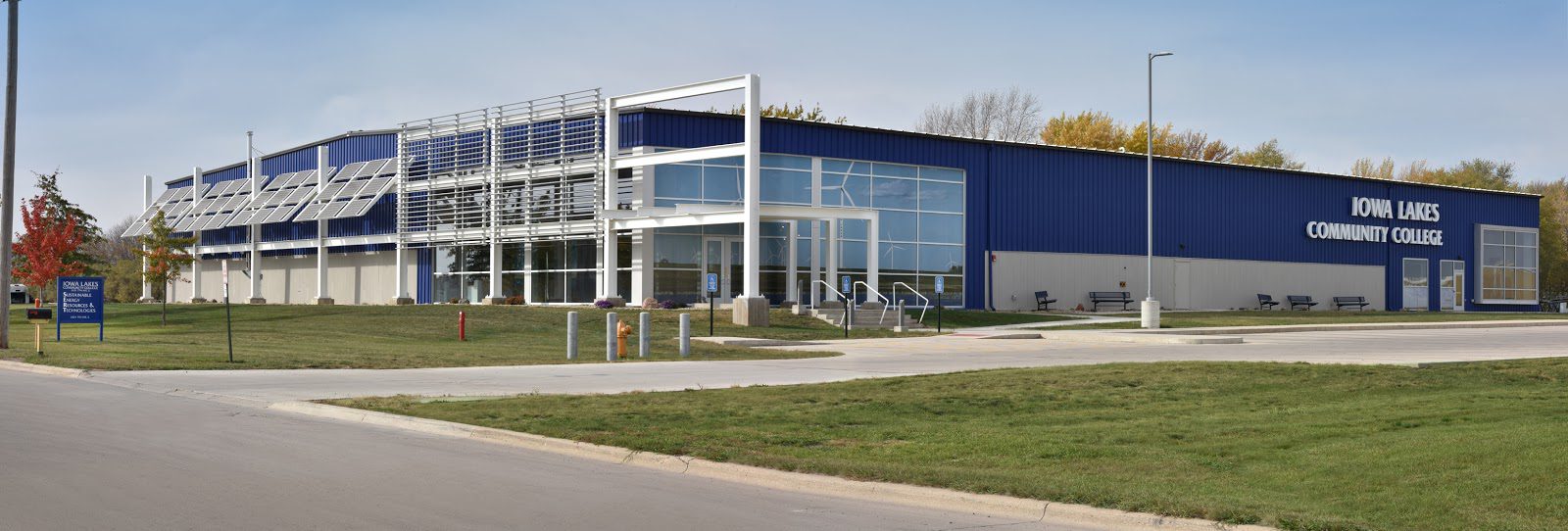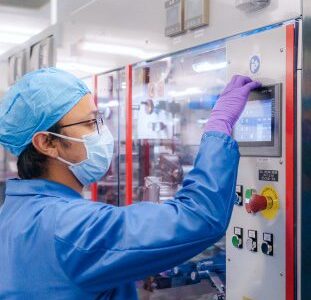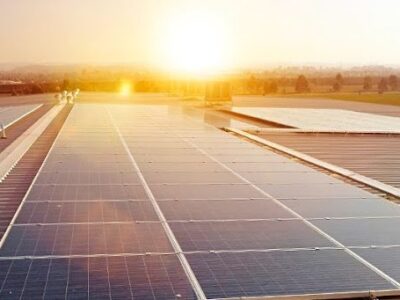Estherville-based Iowa Lakes Community College prepares its Iowa students for careers in the wind energy industry through its Wind Energy and Turbine Technology program.
The program was one of the Nation’s first to be given the American Wind Energy Association’s Seal of Approval and is known for its high-quality graduates. The dual-track program readies students to “enter a growing technical workforce with confidence and transcend different sectors of the renewable energy field,” according to its site.
Whether students opt to pursue a two-year Associate in Applied Science degree or a one-year diploma, they are able to partake in an internship and other opportunities geared at helping them prepare for the job. The Business Download spoke with Michael Gengler – the program’s coordinator and an instructor – about how Iowa Lakes prepares its wind energy students.
“Our first year is very focused on getting that internship or getting that job,” says Gengler. “That first year we focus on what is wind – the history of wind. We also focus a lot on safety. A big part of a wind technician’s job is to stay safe.” He adds that students enrolled in the program are also able to climb the college’s 1.65-megawatt wind turbine, a valuable real-world experience.
“Gain hands-on experience in our 50,000 square-foot Sustainable Energy Resources and Technology Center,” the program’s site says. Students will “become familiar with construction, maintenance and wind turbine operation while learning the fundamentals in electrical, hydraulic and mechanical theory. In the second year, [they will] receive advanced training in power generation, siting, programmable logic systems, supervisory control, and data acquisition.”
Gengler noted that the resource and technology center is home to just one lecture room. Everything else is hands-on learning. He added that the program, which has trained hundreds of students since its 2004 launch, is geared at more than just landing students their first job.
“What we try to do is get you prepared, so once you get that [first] job you can continue to get that next job and that next promotion, and so on and so forth. That is our goal ultimately,” says Gengler.
He emphasized that many former students who started as wind technicians have gone on to become site managers, lead technicians, and regional safety managers. Additionally, wind companies usually pay for at least a portion of their employee’s tuition, should they wish to pursue another degree like a bachelor’s in management or engineering, Gengler explains.
The three-term, 43 diploma credit program consists of courses like ‘Technical Communications,’ ‘Basic Hydraulics,’ ‘Motor Control,’ and two required ‘Wind Energy and Turbine Technology Internship,’ courses where students “complete job contact experience in their field of choice.”
Following the completion of the program, students are equipped with the skills they need for entry-level positions in the field and are prepared to become lead technicians, site supervisors, and operators or managers down the road. Internships – which are required in the one and two-year programs – often lead to full-time job opportunities for students, says Gengler.
Iowa Lakes says that students who complete the program will be equipped to:
- Troubleshoot electrical, hydraulic, and mechanical systems
- Maintain electrical, hydraulic, and mechanical systems
- Perform evacuations and high angle rescues
- Explain the operation of core systems within a wind turbine
Jessie Moffitt is one of the program’s graduates who now works as a traveling wind technician for Siemens.
“I was getting a bachelor’s degree in mathematics and was driving to school one day when I heard an NPR story about Iowa Lakes,” Moffitt said in ‘Iowa Lakes Wind Tech Program Builds Our Future.’ “My math job prospects mostly involved graduate school, teaching, and research – but hearing Dan Lutat describe the wind technician program got me really excited,” Moffitt noted that her completion of the program prepared her well for her career in wind energy.
“The Iowa Lakes Community College wind technician program is a differentiator for Northwest Iowa,” said Kiley Miller, President of the Iowa Lakes Corridor Development Corporation in ‘Iowa Lakes Wind Tech Program Builds Our Future.’ “It brings in students, industry experts, and media covering the alternative energy industry.”
As America continues to make strides toward a more renewable tomorrow, programs like Iowa Lakes’ will be instrumental in readying the next generation of renewable energy pioneers.





